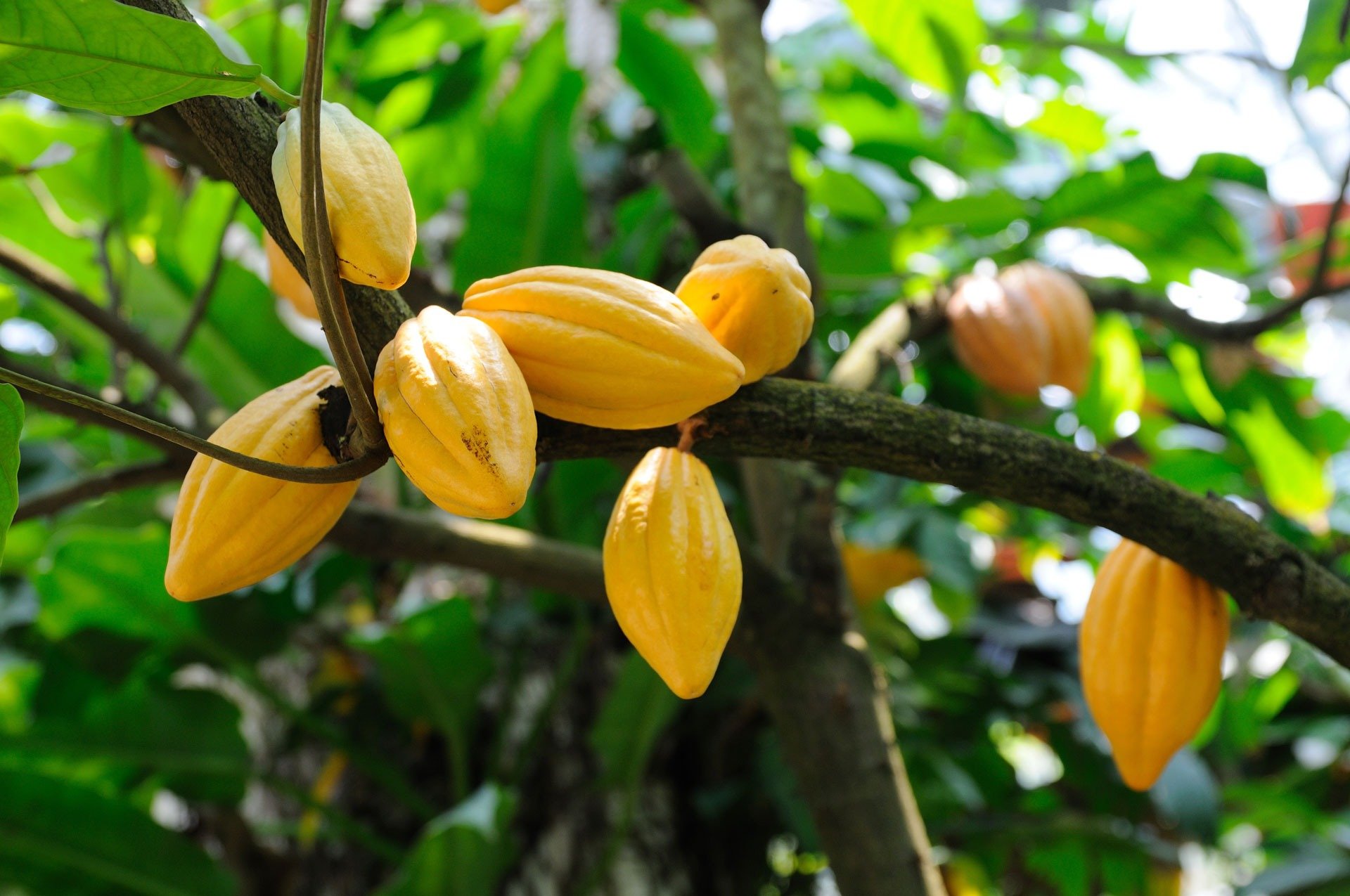
Unlocking the Potential of Cocoa Pods: A Game-Changer for the Future of Chocolate Cocoa pods, the protective casings that house cacao beans, have long been discarded as agricultural waste. However, recent scientific breakthroughs have unveiled a transformative use for these discarded materials, promising to reshape the future of chocolate production. Researchers have discovered that cocoa pods possess a wealth of antioxidants and other beneficial compounds. By incorporating ground cocoa pods into chocolate, manufacturers can significantly enhance the nutritional profile of their products without compromising taste. This could revolutionize the chocolate industry by creating a healthier alternative that caters to the growing demand for functional foods. In addition to nutritional benefits, cocoa pods have also been found to contain antimicrobial properties. By integrating them into chocolate production, manufacturers can reduce or even eliminate the need for artificial preservatives, resulting in a cleaner, more natural product. Moreover, cocoa pods exhibit excellent water retention capacity. This opens up possibilities for creating chocolate that is more moist and flavorful, even at lower fat contents. This breakthrough could pave the way for the development of lighter, guilt-free chocolate options without sacrificing sensory pleasure. The utilization of cocoa pods not only elevates the quality and nutritional value of chocolate but also addresses sustainability concerns. By finding a valuable use for a by-product that was previously discarded, manufacturers can minimize waste and promote environmental stewardship throughout the chocolate supply chain. Farmers in cocoa-producing regions stand to benefit immensely from this scientific discovery. Cocoa pods have historically been burned or composted, contributing to greenhouse gas emissions. By creating a demand for these materials, farmers can generate additional income while reducing their environmental footprint. As research continues, scientists are exploring even broader applications for cocoa pods. They are investigating the use of pod extracts in cosmetics, pharmaceuticals, and other industries. The potential for cocoa pods to become a versatile commodity with multiple revenue streams is immense. In conclusion, the newfound use for cocoa pods has the potential to revolutionize the future of chocolate. By unlocking their nutritional, antimicrobial, and water retention properties, manufacturers can create healthier, more sustainable, and more flavorful chocolate products. This scientific discovery represents a major step forward in the quest to meet consumer demand for both indulgence and well-being. As the chocolate industry embraces this innovative solution, we can look forward to a brighter and more sustainable future for our beloved treat.Chocolate Gets a Health and Sustainability MakeoverChocolate Gets a Health and Sustainability Makeover Scientists at ETH Zurich have developed a novel method for producing chocolate using cocoa pod scraps, offering both health and environmental benefits. Healthier Chocolate The chocolate, made using a fibrous gel derived from the cocoa pod inner shell, contains antioxidants, pectin, minerals, dietary fiber, and protein. This gel replaces sugary icing sugar, enhancing the nutritional value of chocolate while providing a similar sweet taste. Environmental Sustainability The new production process reduces land and water usage by 6% compared to conventional chocolate production. However, it initially increased global warming emissions by 12% due to energy-intensive drying steps. The study suggests alternative drying methods, such as microwave or solar energy, to further reduce emissions. Socio-economic Benefits The process provides opportunities for farmers to diversify income and access new technologies, leading to potential socioeconomic improvements in cocoa-producing regions. Addressing Environmental Problems in the Cocoa Industry Recent research has highlighted widespread deforestation and poor labor practices in the cocoa industry. The new chocolate production method aims to address these issues by reducing land use and prioritizing ethical sourcing. Legal Challenges for Ethical Chocolate Claims Despite industry efforts to implement ethical standards, lawsuits continue against major chocolate companies alleging false claims about child labor, labor practices, and deforestation. The Rainforest Alliance and Hershey Company have faced legal action over such claims. Sustainable Solutions for Chocolate The study’s findings demonstrate the potential for innovative technologies to improve the cocoa supply chain and promote both health and sustainability in the chocolate industry.
Cocoa Pods Transform into Eco-Friendly Packaging Scientists have discovered an innovative use for cocoa pods, transforming them into sustainable packaging that could revolutionize the chocolate industry. Traditionally, cocoa pods were discarded as waste after the cocoa beans were harvested. However, researchers have realized their potential as a biodegradable and compostable material. By processing the pods, they can be converted into thin, flexible sheets that resemble plastic but are entirely plant-based. This breakthrough has enormous implications for the chocolate industry. Currently, a significant amount of plastic is used in chocolate packaging, contributing to environmental pollution. Cocoa pod packaging offers an eco-friendly alternative that can significantly reduce waste. Moreover, cocoa pod packaging provides natural protection for chocolate, maintaining its freshness and preventing damage. It also has the potential to enhance the flavor and aroma of the chocolate, as the pod’s natural compounds can interact with the cocoa. The adoption of cocoa pod packaging could have far-reaching benefits beyond the chocolate industry. It could create a new revenue stream for farmers who previously disposed of cocoa pods as waste. Additionally, it could reduce the need for synthetic packaging materials, contributing to a more sustainable future. As scientists continue to explore the applications of cocoa pods, the future of chocolate and packaging looks increasingly promising. The transformative power of this discovery holds the potential to create a more sustainable and eco-conscious confectionery industry.
Posted inNews